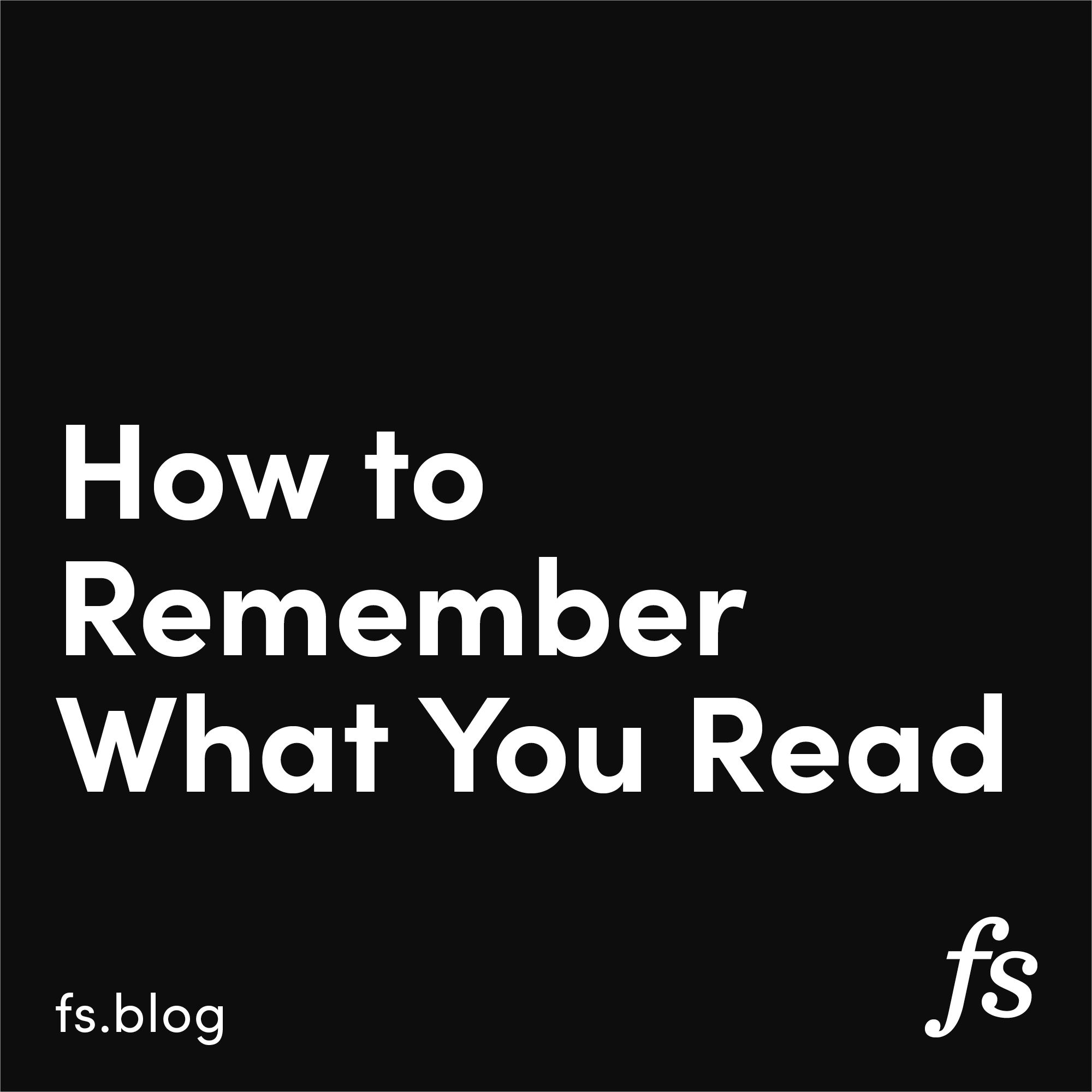To get the most out of what you read, active reading is essential. This involves engaging thoughtfully with the book, making connections to your existing knowledge, and reflecting on the content. Preparation before reading, such as choosing great books, getting context about the author and historical background, knowing your purpose for reading, intelligently skimming through the content, and matching the book to your environment can significantly enhance your reading experience. Remembering what you read involves taking notes, staying focused without distractions, marking up the book with annotations or mental links to aid memory retention. Applying what you've learned by teaching others or writing reviews can reinforce your understanding. Making notes searchable for future reference and considering rereading valuable books are key strategies to maximize your reading experience.
Customize Summary
Rewrite with AI
Generate Citations
Translate Source
To Another Language
Generate MindMap
from source content
Visit Source
fs.blog
How to Remember What You Read

Deeper Inquiries
